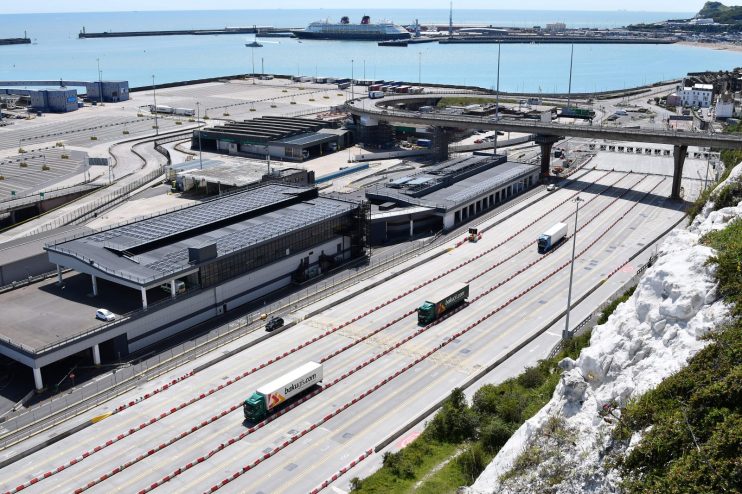What are free ports and what are the economic benefits?

This morning the Treasury announced that the bidding process for the creation of up to 10 new “free ports” in the UK had opened.
The first of these sites are expected to begin operating in 2021, in the hope of boosting international trade after Brexit.
But what are “free ports” and why is the government so keen to develop them?
What are free ports?
Free ports are specially designated economic zones where normal tax and customs rules do not apply.
All forms of port are included under the status – ferry ports, airports, and rail ports.
In such ports, goods can be imported, manufactured, and exported again without facing standard tariffs or requiring normal customs checks.
Companies which operate within free ports do so with the benefit of paying a lower rate of VAT tax and employment tax, as well as relief when it comes to purchasing land.
What are the economic advantages?
Advocates of free ports say that the special zones encourage imports because of the reduction in tax-related costs.
Under the UK’s proposals, a firm can import goods into a free port without paying tariffs, process them into a final good and then either pay a tariff on goods sold into the domestic market, or export the final goods without paying UK tariffs.
They also say that companies who operate within the zone see additional benefits due to “agglomeration”, where the clustering of businesses leads to economic advantage.
Additional incentives such as discounted business rates and reductions in stamp duty can also encourage further investment into the zones.
For the government, the policy is a key part of its “levelling up” agenda, the attempt to rebalance economic equality around the country.
Construction group Mace says that free ports could help create 150,000 new jobs, while annually contributing £9bn to the UK economy.
What are the disadvantages?
However, not everyone is so keen on the policy. In the summer the UK Trade Policy Observatory (UKTPO) said that the benefits of such zones would be minimal because tariffs in the UK are already so low.
Before the Open newsletter: Start your day with the City View podcast and key market data
There is also the concern that free ports do not actually encourage new business, but simply see existing firms move in to take advantage of the tax benefits.
And then there are fears, raised by the Labour Party among others, that the zones could be taken advantage of by tax dodgers avoiding customs scrutiny.
Finally, much of the benefit of free ports depends on existing transport links and access to labour.
Where might the UK’s new free ports be?
The government has committed to having at least one free port in all three of its devolved administrations in Northern Ireland, Scotland, and Wales.
Besides that, bids will be approved on a case-by-case basis, depending on their strength.
There are plans to apply for such a zone at Tilbury on the Thames Estuary as part of a wider development regional development programme.
The Ports of Blyth, Tyne, and Sunderland have also all backed the plan to create free ports.
All three are contained within the so-called “red wall”, a band of Labour supporting areas which flipped to support the Tories in December’s election.
Has the UK had free ports before?
Between 1984 and 2012, there were seven free ports in the UK, including Liverpool and Southampton, but legislation allowing them expired.
There are also 24 existing “free zones” in the UK, part of 80 such areas spread across 21 EU member states, according to the IoD.
Such zones, said international trade secretary Liz Truss, were central to the development of London’s docklands in the 1980s – and ministers will be hoping that they can repeat the trick in the coming decade.